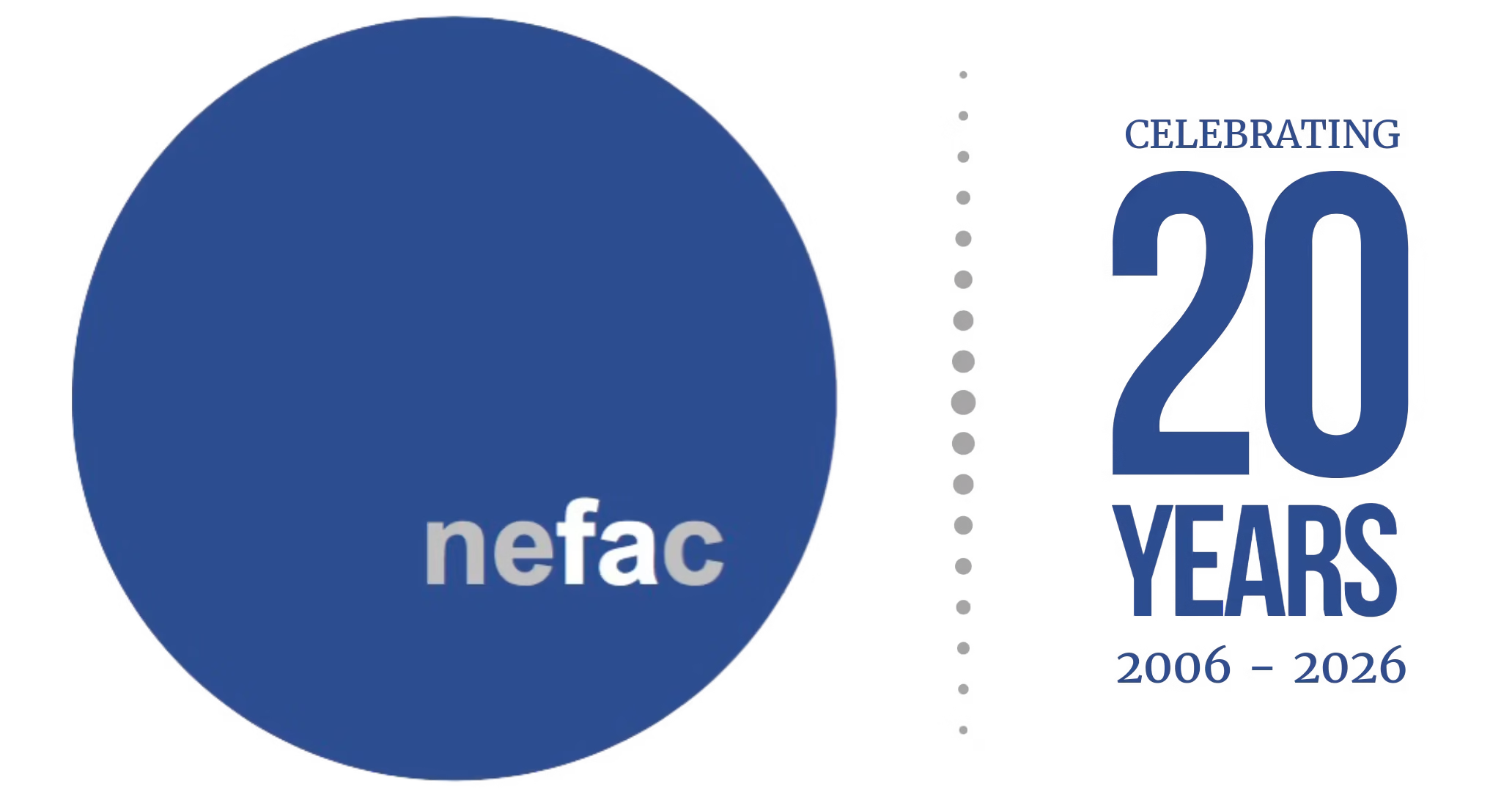By James H. Smith
 What is it now that we can’t find out in the land of the free, in this cradle of democracy we call Connecticut?
What is it now that we can’t find out in the land of the free, in this cradle of democracy we call Connecticut?
Too much stays secret. Our collective memory of Ella Grasso is fading. In a state college classroom recently, not one student knew who she was. You may remember she was the first woman in America elected governor of her state in her own right. She convinced a unanimous legislature — unanimous — of the value to democracy in having state freedom of information laws and of setting up the nation’s first FOI Commission.
But it’s not going so well these days. Government officials everywhere are keeping the public’s work secret, from the fundraising foundation for the state’s flagship university, to the state-owned airport, to historical records, to the very FOI Commission founded by Mrs. Grasso in 1975.
When citizens are denied public records — our records held by public government agencies — they can complain to the FOI Commission, which holds hearings and, based on the FOI law, can order those records released.
But the commission is four to five months behind because of the number of complaints and proposed budget cuts — this year $339,522 (or nearly 20 percent of its original appropriation). Oddly, a 10th and 11th commissioner are proposed to be added. How obtuse. The FOIC doesn’t need more commissioners. It needs that money restored for democracy’s sake, so a tiny staff doesn’t get tinier.
Well meaning mental health advocates came out in droves to try to kill a bill that would make historical medical records available to the public, the century-old records, for example, of mass murderer Amy Archer Gilligan. The legislation would simply put Connecticut where the rest of the nation is, under federal law that releases records after 50 years (HIPPA) or 75 years (National Archives).
It seems to me the privacy culture continues to stigmatize those with mental health problems by insisting on secrecy. Until we get the illness and its societal implications out into the open, the less we will understand it, and the more we will look askance at those with the disease.
We have the Mashantucket Pequots and Mohegans as casino operators, doing battle with MGM studios over who gets to build another gambling palace. Most of the fight is in secret before the state Airport Authority, a public agency that refuses to open its deliberations on whether it will seek a casino at Bradley International Airport.
Maybe you noticed Windsor Locks Board of Finance Chairman Paul M. Harrington decrying the other day how even in Ella Grasso’s hometown secrecy prevails.
“Month after month, the closed meetings continue and the public remains shut out,” he wrote. “It’s time some light was shed on what’s happening. Our community and our state deserve to know” whether a casino will be built at Bradley.
This may be the year we all get a bigger peek into the mysterious operations of the UConn Foundation. Senate Minority Leader pro tempore Kevin Witkos of Canton is praising a bill about to become law that “will increase transparency” at the foundation which has been fighting it for years.
“We have to better balance the need for transparency and openness while also ensuring that we don’t inhibit the university’s successful fundraising efforts,” he said. “This bill strikes that balance,” he added, asserting that transparency advocates “played a major role in crafting this legislation.”
I wonder which transparency advocates he’s talking about? Those I know call the bill “FOI lite.”
Folks, when you get the chance, please tell your state representative, your state senator, your mayor and your first selectman that democracy is about government of, by and for the people. It’s about providing information and not about keeping secrets.
James H. Smith is a member of the New England First Amendment Coalition board of directors and is president of the Connecticut Council on Freedom of Information.
_______________________________________________________________________________
NEFAC was formed in 2006 to advance and protect the Five Freedoms of the First Amendment, including the principle of the public’s right to know. We’re a broad-based organization of people who believe in the power of an informed democratic society. Our members include lawyers, journalists, historians, academics and private citizens.
Our coalition is funded through contributions made by those who value the First Amendment and who strive to keep government accountable. Donations can be made here. Major Supporters of NEFAC for this year include: The Providence Journal Charitable Legacy Fund, The Boston Globe and Boston University.
